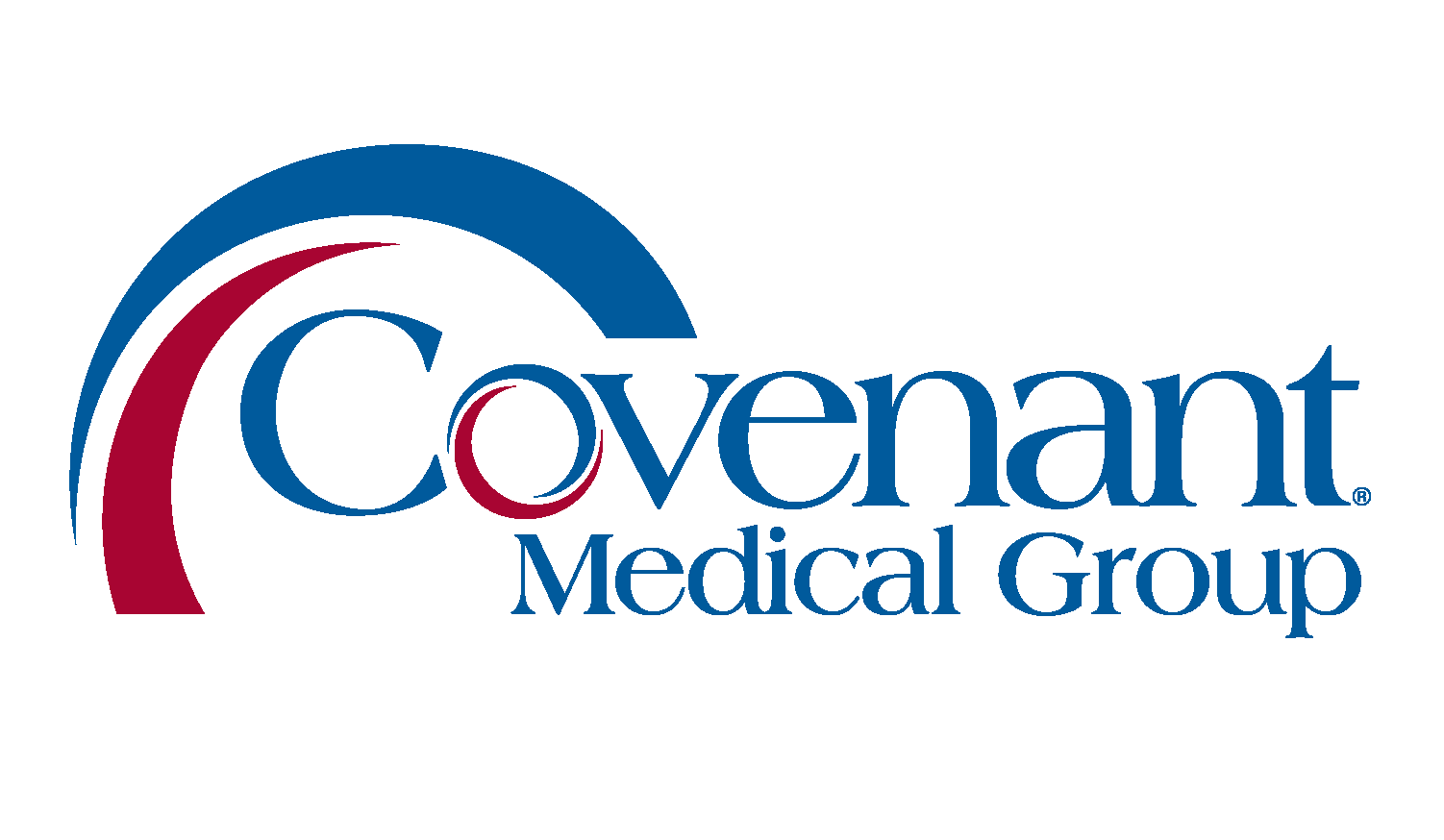 As we’re all doing our best adapting to current recommendations to stay at home and avoid going anywhere that isn’t absolutely essential, we also know that many things don’t hit the “pause” button just because our daily habits do.
As we’re all doing our best adapting to current recommendations to stay at home and avoid going anywhere that isn’t absolutely essential, we also know that many things don’t hit the “pause” button just because our daily habits do.
For example, what happens if you notice a lump or unusual symptoms like discharge, dimpling, scaliness, or redness with your breasts? What happens if you’ve been recently diagnosed with breast cancer and had been scheduled for surgery? What about if you’re currently in the midst of treatments for breast cancer?
When it comes to breast cancer and breast health concerns in general, there are some situations in which it’s not advised to “wait it out,” but you shouldn’t have to figure that out for yourself. There are numerous ways that we can help you determine what’s essential to take care of now, and how to go about doing so in the safest way for both your short- and long-term health.
Telehealth, or telemedicine, is essentially talking with you via video in lieu of meeting in person in our offices. Most often this is done through FaceTime since most people have access to FaceTime on their phone, but other options, such as SKYPE, are also available.
Here are a few examples of how we are currently helping several patients via telehealth consultations:
If you find a lump or have an unusual breast symptom:
If you detect a lump in one of your breasts or a change in your breast that you can see or feel—such as dimpling, redness, unusual swelling or shrinkage, discharge of the nipple, or an inverted nipple—a video consultation can help determine if screening is advised at this time or if it can wait until the COVID-19 crisis has more safely subsided.
While most routine mammograms are being postponed until COVID-19 restrictions are lifted, we can approve the necessity for a mammogram to check for possible emergent masses after talking with you on a video consultation. If we do recommend screening at this time, we can also direct you to the best place to have the screening done.
If you’ve been recently diagnosed with breast cancer:
If you’ve recently received a diagnosis of breast cancer, you are very likely gathering information about the type of breast cancer you have and what your treatment options are. We can review your screening images with you by video, talk with you about your diagnosis, and discuss the essential questions you have about your surgery.
We can also talk with you about which surgical options might best benefit you, including:
- The pros and cons of a lumpectomy versus a mastectomy.
- If you’re a candidate for hidden scar surgery.
- If reconstruction can be done at the same time as the cancer removal surgery.
- Which procedures can make your breasts look as natural as possible (including options for making your chest flat or using implants.)
- If breast implants may pose any risks to you.
If you have surgery scheduled:
In adherence to the American College of Surgeons’ guidelines for the safety of all patients, non-emergency and elective surgeries are being rescheduled for a further date once restrictions have been lifted.
If you had a surgery scheduled, we can talk with you about how we are carefully determining if your condition will worsen without the surgery and whether other treatments are available. We can talk with you about any temporary, alternative care options that may be an option until it’s deemed safe to proceed with your surgery.
If you need genetic testing or you’ve recently had genetic testing:
More people today are undergoing genetic testing to determine how their genes may play a role in their risk for cancer. Patients diagnosed with breast cancer, women concerned about their risk of developing breast or cervical cancer, and men who want to understand their genetic risk for certain cancers, all benefit greatly from genetic testing.
If you need genetic testing, we do offer several options to gather the necessary genetic material for testing including mail-in saliva kits as well as in-home phlebotomy services. Please contact our office to discuss the options that are available to you.
If you’ve recently had bloodwork to test for genetic mutations such as BRCA, our Director of Clinical Genetics Service, Imelda G. Margulies, FNP, can discuss your test results with you by a telehealth video consultation.
Imelda can help you understand if you or your family members are at a higher risk for specific types of cancers based on heredity or damage to your DNA. If you have inherited a mutation that increases your risk for developing cancer, she will talk with you about how the results are by no means a sentence to cancer, but instead are powerful tools for you to take proactive risk reduction measures that could be lifesaving.
No matter what your situation may be:
We understand that these are uncertain and alarming times, but please know that we remain committed to caring for and protecting our breast cancer patients in every way possible while adhering to COVID-19 restrictions as necessary. (See What You Need To Know About Surgeries During The COVID-19 Pandemic).
Please call our office at 865-692-1610 for further information, or if you have any questions about your particular situation or care plan. Leave a message and we will get back to you promptly.
Stay safe and take care of one another. We will get through this together.
—Dr. Aaron Margulies, Imelda Margulies, and our entire staff
If you detect changes in your breast, or if you’d like to discuss the most successful surgical treatments for breast cancer, consult with Dr. Aaron G. Margulies. Dr. Margulies is committed to serving breast cancer patients through his solo practice in Breast Surgical Oncology and General Surgery, with offices at Tennova Turkey Creek Medical Center in West Knoxville, at Tennova North Knoxville Medical Center in Powell, at Jefferson Memorial Hospital, and in Newport. His extensive research and expertise have distinguished him as a leader in the field. To learn more about Dr. Margulies’ compassionate surgical care approach, visit www.aaronmd.com or call (865) 692-1610.
